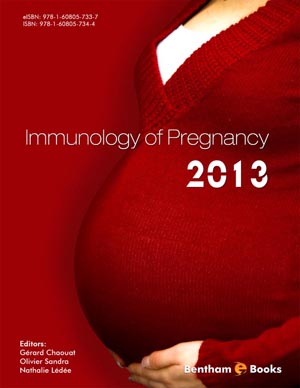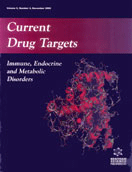Abstract
Infertility is an emerging health issue and the incidence is getting increased with a recent trend of postponing pregnancy to later in life. Unfortunately, approximately half of infertile couples remain unexplained, who often have clinical manifestations such as poor ovarian response and poor oocyte quality, failures of fertilization and embryo development, thin endometrium and inappropriate uterine blood flow, repeated implantation failures, and early pregnancy losses even with extensive treatment. Recent efforts to identify the underlying etiologies for these problems have revealed that a significant proportion of these women have immunological abnormalities such as autoimmunity, dys-regulated cytokine network, abnormal activation of innate immunity, increased Th1 immunity, and inherited or acquired thrombophilias. Glucocorticoids, intravenous immunoglobulin G infusion (IVIg), and heparin have been utilized for these patients and reported to improve reproductive outcome, especially when the treatment was given to women with immunological abnormalities and/or thrombophilia, but not if empirically given. Studies for NK cell levels and its cytotoxicity, Th1/Th2 cell ratio, ANA, APA, anti-thyroid antibodies, and genetic and acquired thrombophilia, can aid the selection of proper candidates for immune-modulation and anticoagulation treatment.
Keywords: Infertility, poor ovarian response, premature ovarian aging, premature ovarian failure, cytokine, immune abnormality, reproductive failure, IVF failure, NK, Th1, autoimmunity, recurrent implantation failure, recurrent pregnancy losses, premature ovarian failure, endometriosis.






















